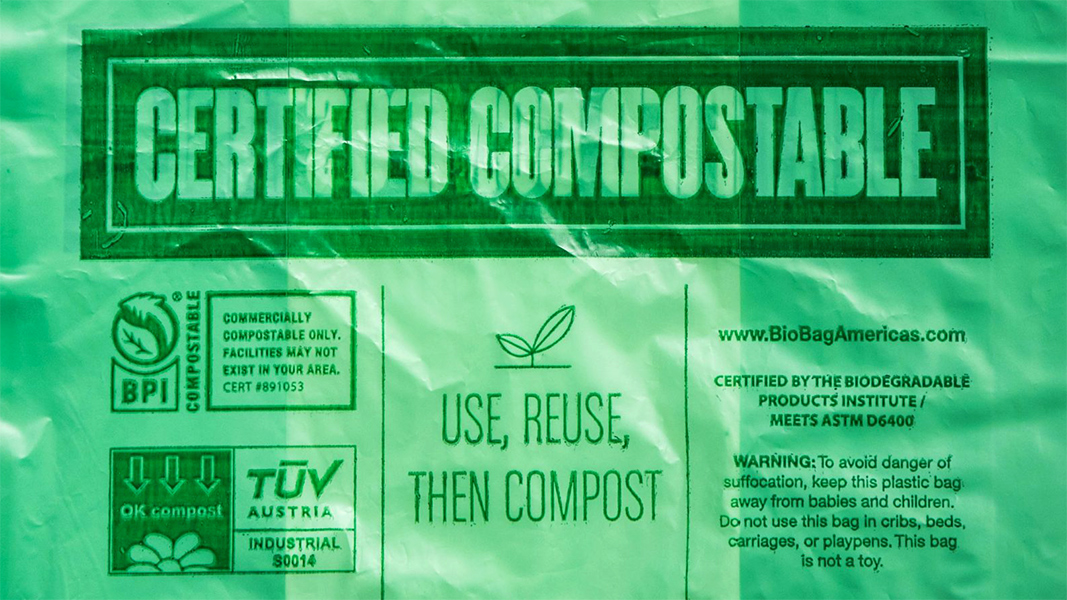Top: Photo courtesy BioBag
Colorado Governor Jared Polis signed two bills into law on May 17 that directly impact composting and organics recycling in the state. SB23-253: Standards For Products Represented As Compostable requires that products represented as compostable must be certified by a credible third party (such as BPI) and clearly labeled to be sold or marketed as compostable in the state of Colorado. It is intended to help reduce consumer confusion about the compostability of products and should significantly reduce contamination in compost by creating a clear standard for labeling compostable products by prohibiting producers of products that are not certified as compostable from labeling, marketing, or advertising them as compostable. Producers would also be prohibited from using labels, images, or words that could mislead consumers into believing the product is compostable.
SB23-191: Organics Diversion Study requires the Colorado Department of Public Health and Environment (CDPHE) to look at how the state can divert millions of tons of organic materials that now go to landfills into more productive uses, explains Boulder-based Eco-Cycle, which helped lead passage of these bills in the legislature. “Productive uses include feeding hungry Coloradans, supporting resilient local economies, creating green jobs, enhancing the productivity of agricultural lands, and building healthier soils that are more resilient to flooding and drought,” says Dan Match, Eco-Cycle’s Director of Compost & Carbon Farming. The bill requires CDPHE to engage stakeholders and make recommendations regarding investment in organic materials diversion and composting infrastructure statewide, and develop policies to divert organic materials away from landfills and into beneficial uses, including food donation, feeding animals, and producing compost, mulch, and biochar (or diverting to anaerobic digestion). “The study will help the state and local governments understand the policies, tools, infrastructure, and end markets needed to divert food, yard trimmings, and other organics from landfills,” adds Matsch. CDPHE’s 2021 recycling data shows that only 6% of all organic discards were composted in 2021.














